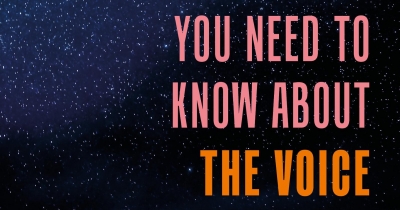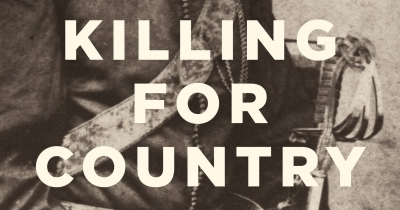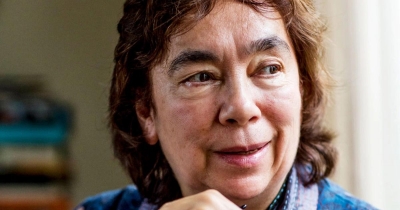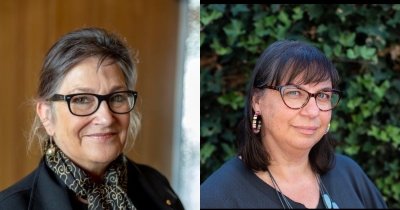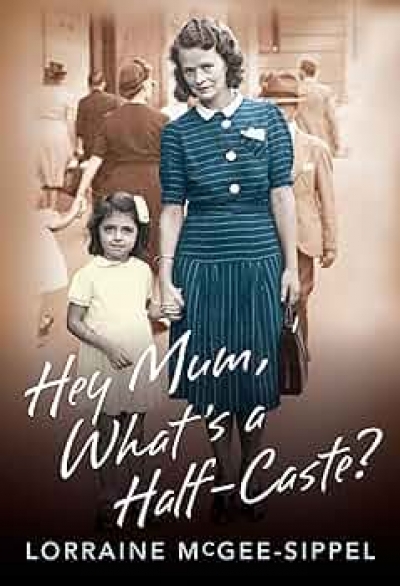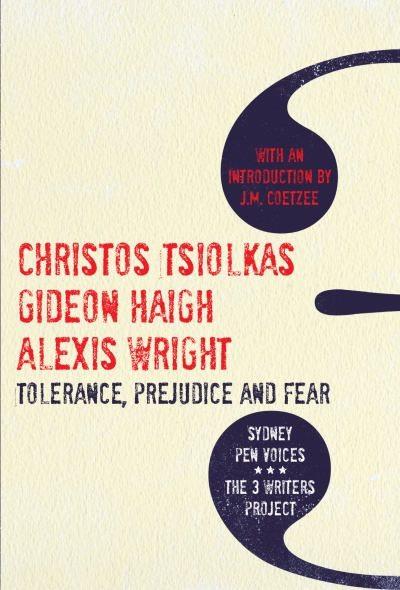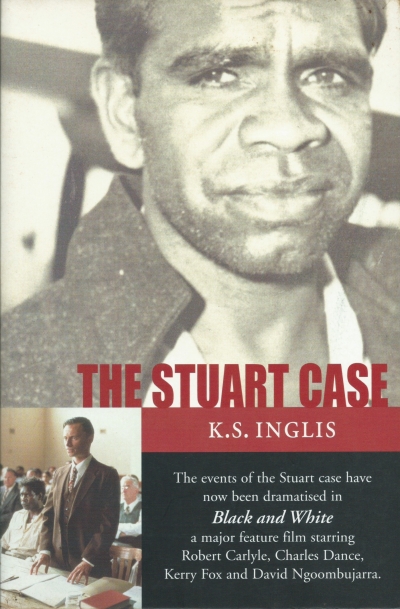Indigenous
Everything You Need to Know About the Voice by Megan Davis and George Williams
I have often spoken of trying to write in some meaningful way about what it means to belong to all times in this place that we call our traditional homeland. Aboriginal people know that we have been here since time immemorial. We have never lost track of the wisdom and knowledge that generations of our ancestors had developed over thousands of years about the powerful nature of this country. It was their knowledge that ensured the survival of our culture to this day.
... (read more)On many occasions throughout our nation’s history, change seemed imminent, perhaps even just on the horizon, but it has always receded into the distance. The instigation and then closure of successive important representative organisations such as the National Aboriginal Consultative Committee, the National Aboriginal Conference, the Aboriginal and Torres Strait Islander Commission, and the National Congress of Australia’s First Peoples illustrate the impacts of electoral politics and the vagaries of political ideologies. Each decade seems to have brought a different structure, some more and some less representative than others. But there has been little continuity or coherence, in either the national or state administrative and political arrangements, in addressing the specific concerns of Indigenous people.
... (read more)
